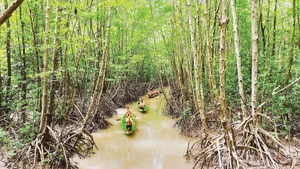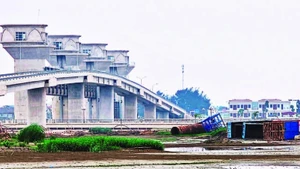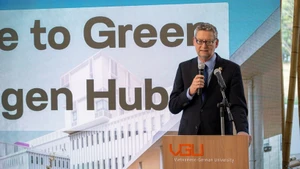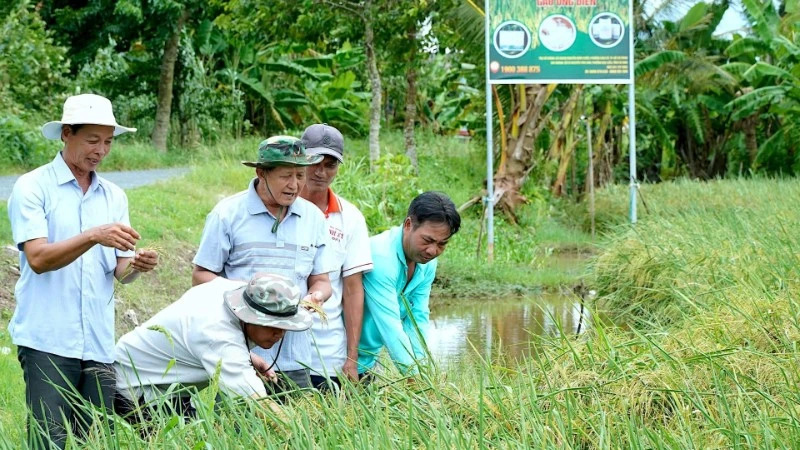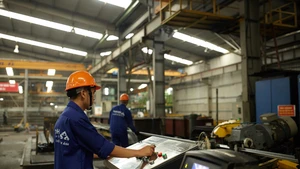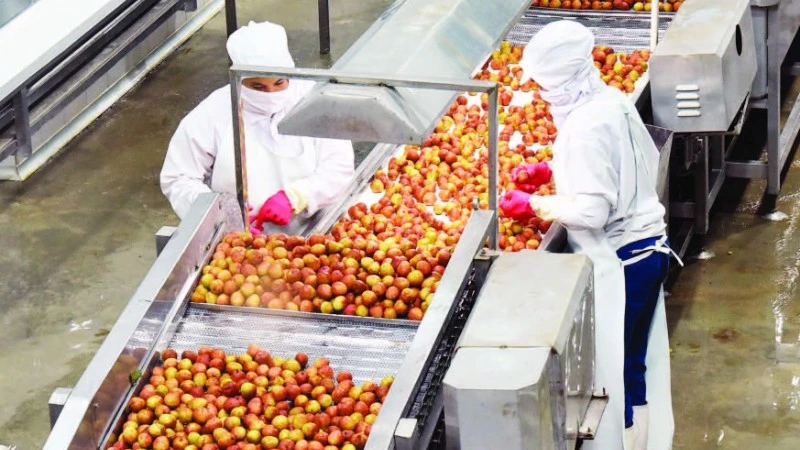In Viet Nam, the Ministry of Agriculture and Environment has also responded to World Environment Day and the Month of Action for the Environment 2025 through a series of concrete tasks and initiatives.
According to the United Nations Environment Programme (UNEP), plastic pollution is becoming one of the most critical challenges to our living environment, and no country can stay out of this battle. The chosen theme, “Beat Plastic Pollution”, is not only a call to action but a global warning of the utmost urgency.
Statistics show that around 430 million tonnes of plastic are produced globally each year, more than two-thirds of which are single-use products that quickly become waste, polluting the oceans and severely affecting ecosystems and human health. UNEP warns that without effective control measures, by 2040, the volume of plastic leaking into the environment could increase by up to 50%.
In Viet Nam, it is estimated that around 1.8 million tonnes of plastic waste are generated annually, but only about 27% is recycled. The majority is either buried or incinerated, resulting in wasted resources and posing significant environmental risks. To address this issue, the government has issued the National Strategy on Integrated Management of Plastic Waste. By 2030, the strategy aims to reduce marine and ocean plastic waste by 75%; collect 100% of lost or discarded fishing gear; end the direct discharge of fishing gear into the sea; and ensure that 100% of coastal tourism areas, accommodation facilities, and businesses cease the use of single-use plastics and non-biodegradable plastic bags.
Since 2020, with the introduction of the Law on Environmental Protection, Viet Nam has shifted from traditional waste collection and treatment methods—which are outdated and costly—towards a preventive approach that includes reuse, recycling, and eco-design. A key highlight is the Extended Producer Responsibility (EPR) mechanism, which obliges producers not only to manufacture and distribute products but also to take responsibility for post-consumer waste. This marks a turning point in extending the life cycle of materials and adjusting consumer behaviour to reduce plastic pollution.
Several localities such as Hai Phong, Quang Ninh, Da Nang, Binh Duong, and Ho Chi Minh City have implemented source-based waste separation, developed “green wet markets”, and established plastic waste-free urban areas. At the same time, some consumer goods companies have begun to adopt bioplastic materials and recycled packaging, moving toward a circular economy model.
According to the Ministry of Agriculture and Environment, World Environment Day, World Oceans Day, and Viet Nam Sea and Island Week 2025 are vital opportunities for Viet Nam to demonstrate its commitment, raise public awareness, and unite its efforts in environmental and ocean protection, which must be embraced as a shared responsibility across society.
From government agencies, political and social organisations, religious institutions, businesses, and families to every citizen, all are encouraged to take action — starting with the smallest steps such as limiting the use of plastic bags, sorting waste at source, reducing plastic waste, avoiding single-use plastics, ending littering in rivers and seas, encouraging fishermen to bring waste ashore, and promoting afforestation, tree planting, coastal mangrove restoration, desertification and drought prevention, salinity intrusion mitigation, and climate change adaptation.

